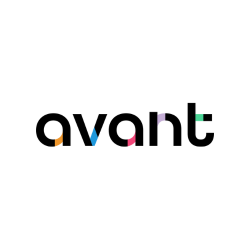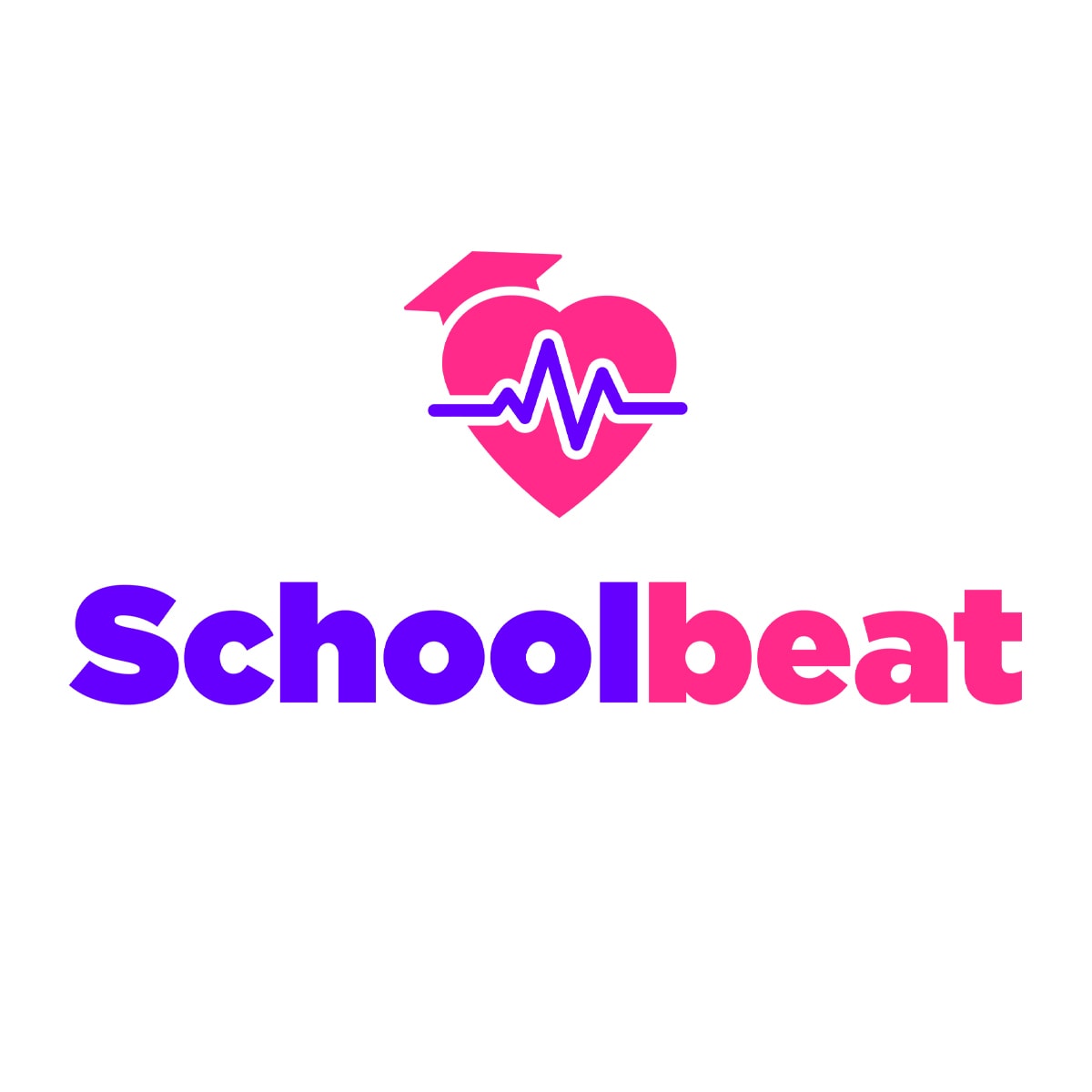Dive Brief:
- Ed tech specialist Chegg is slashing 388 jobs, or about 45% of its workforce, in a massive restructuring effort expected to save up to $110 million next fiscal year, the public company said this week.
- The news comes as Chegg announced it will remain a standalone company following an exploration of strategic options that could have involved selling the company to new ownership or going private.
- The company also reshuffled its leadership. Executive Chairman Dan Rosensweig resumed the CEO role on Monday. He replaced Nathan Schultz, who had taken on the chief role from Rosenzweig in June 2024 and is remaining as an executive adviser.
Dive Insight:
Chegg pegged its mass layoffs to a change in how it operates its academic learning products, which include online homework and study help, textbook rental and proofreading services, among others. The company also highlighted its investment in artificial intelligence, which it has integrated into products such as its language-learning tools.
As it restructures, Chegg plans to refocus around its business-to-business skills courses in professional language-learning, workplace readiness and A, which executives expect to collectively generate $70 million in revenue for fiscal 2025 and to grow in double digits next year. This new focus will set up Chegg for sustainable revenue and earnings growth, the company said.
For now, the company is racing to cut costs as it bleeds subscribers and money. In the second quarter, Chegg’s revenue plummeted by more than a third, to $105.1 million, which came on top of similar declines in Q1.
Chegg has named Google as the source of many of its woes — specifically the search giant’s artificial intelligence summaries, which led to a sharp decrease in Chegg's traffic.
In February, Schultz announced that Chegg filed an antitrust lawsuit against Google and that it was exploring its strategic alternatives to remaining a standalone publicly traded company.
“These two actions are connected, as we would not need to review strategic alternatives if Google hadn’t launched AI Overviews,” Schultz said then. “Unfortunately, traffic is being blocked from ever coming to Chegg because of Google’s AIO and their use of Chegg’s content to keep visitors on their own platform.”
In its complaint against Google, Chegg said it gains most of its subscribers through students searching for answers to their study questions on Google. “Chegg thus depends on referrals from Google’s monopoly search engine for a large portion of the revenue that it devotes to producing original online content,” it said.
Chegg alleged that Google has leveraged its massive market share in internet searches to “coerce online publishers like Chegg to supply content that Google republishes without permission in AI-generated answers that unfairly compete for the attention of users.”
Google has moved to dismiss the case. The tech giant argued that it has tailored its AI Overview to best serve consumers and learners, and that Chegg’s revenue struggles are its own.
“Instead of competing more effectively, it seeks to blame Google for its business decline,” Google responded in a May court filing. “Chegg’s grab bag of obscure legal theories in support of this effort not only are not cognizable under the antitrust laws, but run directly afoul of those laws.”
While Chegg looked at possible financial alternatives to going it alone, it ended the process as it began: as a standalone company, for now.
“After thoughtful consideration of multiple proposals, the Board unanimously determined that remaining an independent public company offers the best opportunity to maximize long-term shareholder value,” the company said Monday.
















